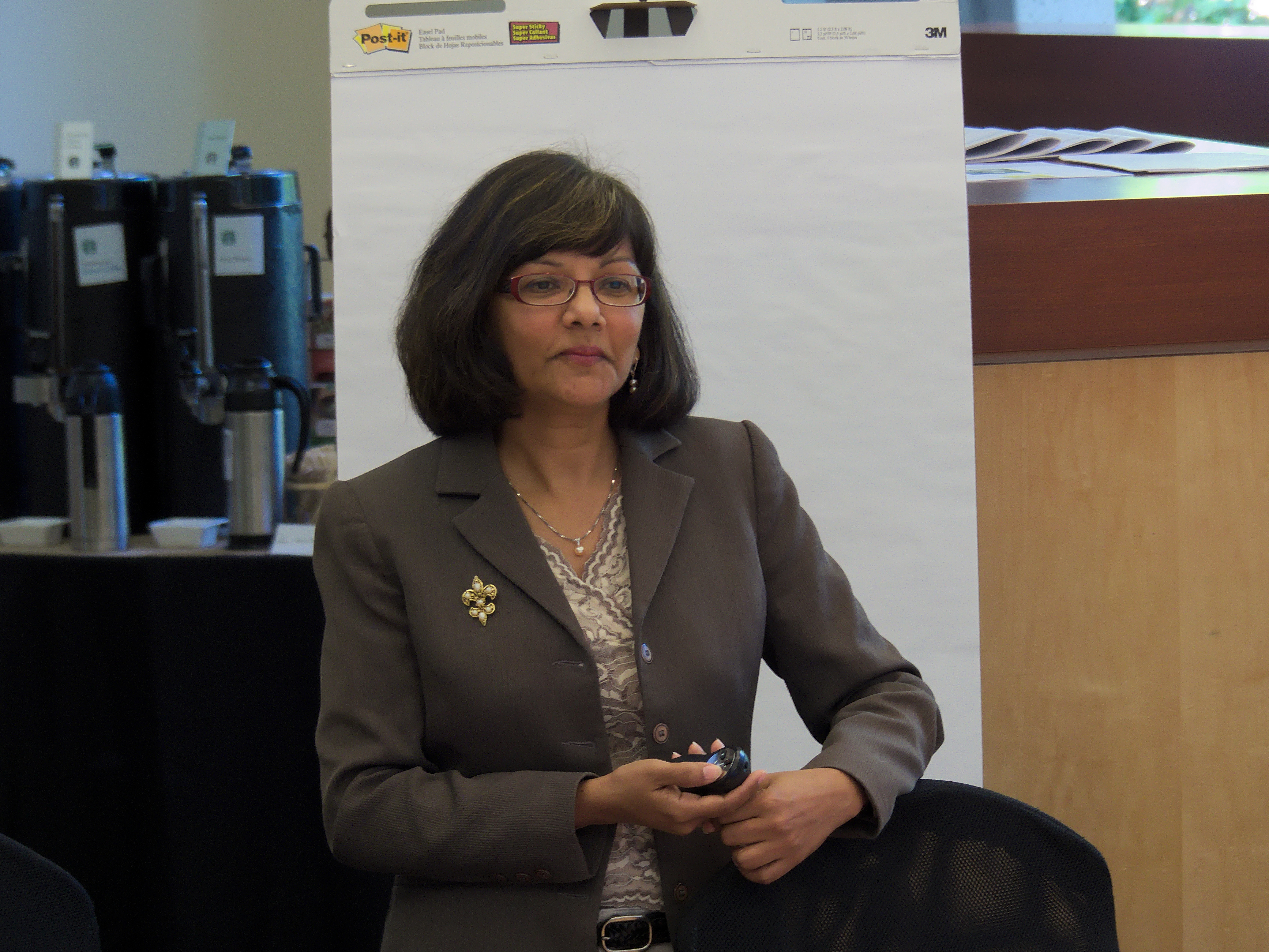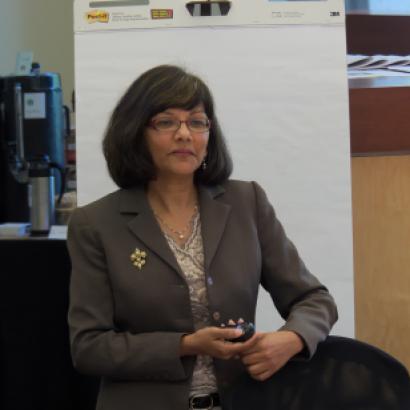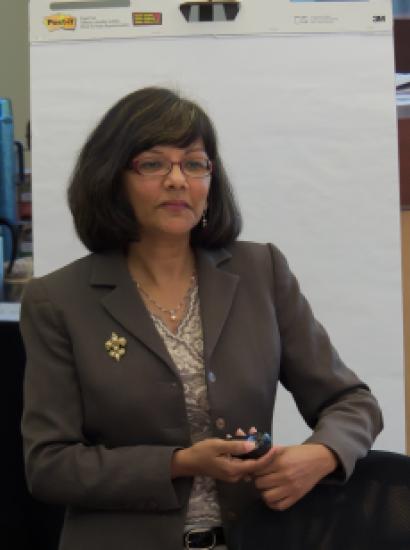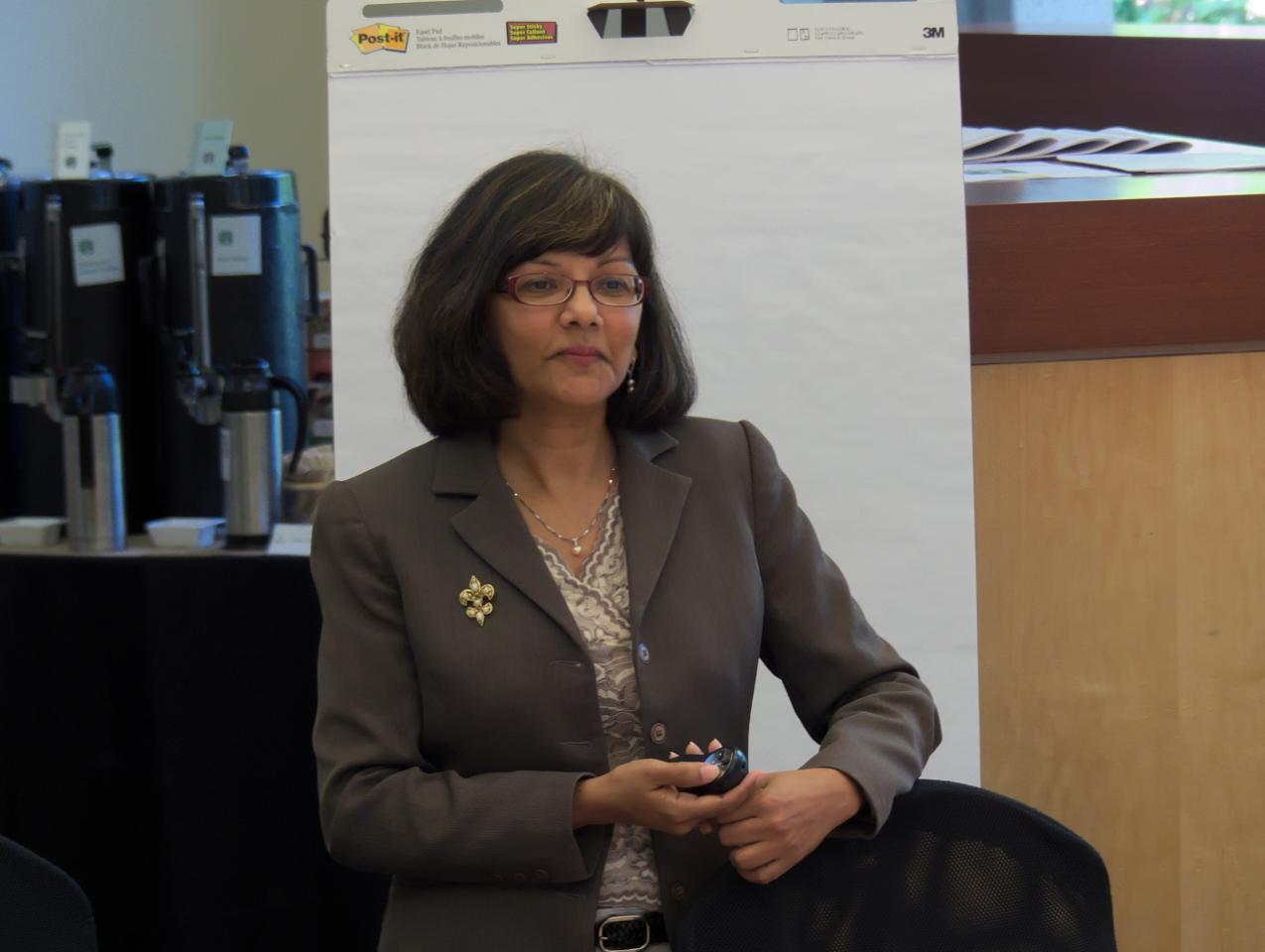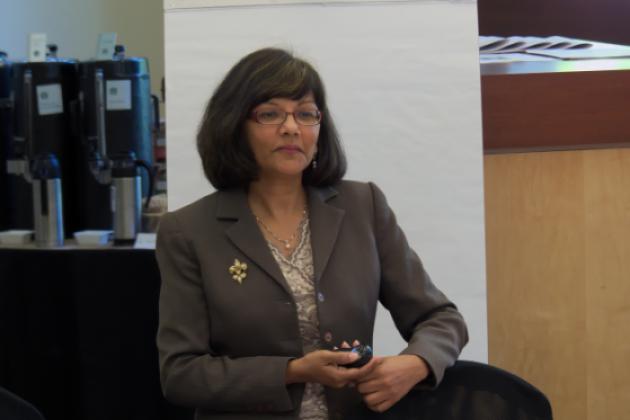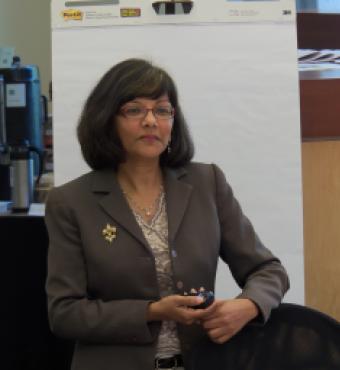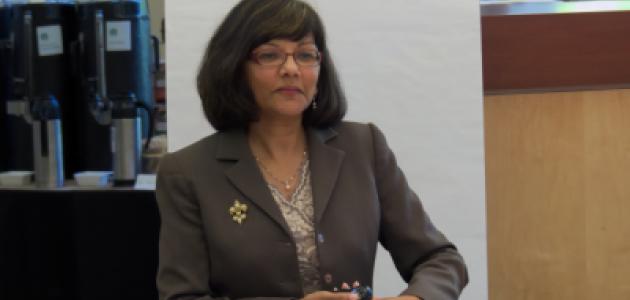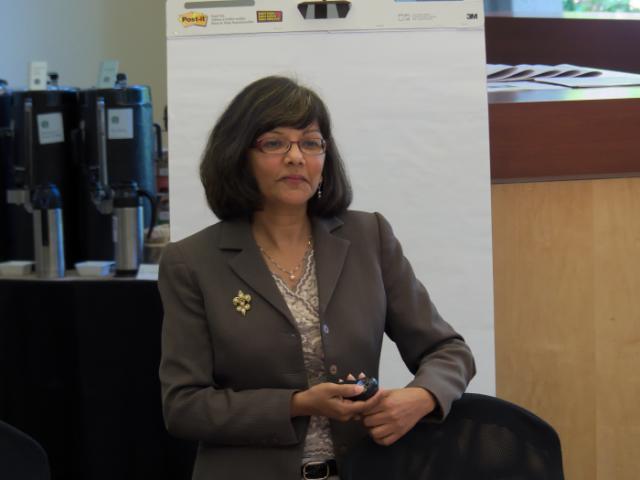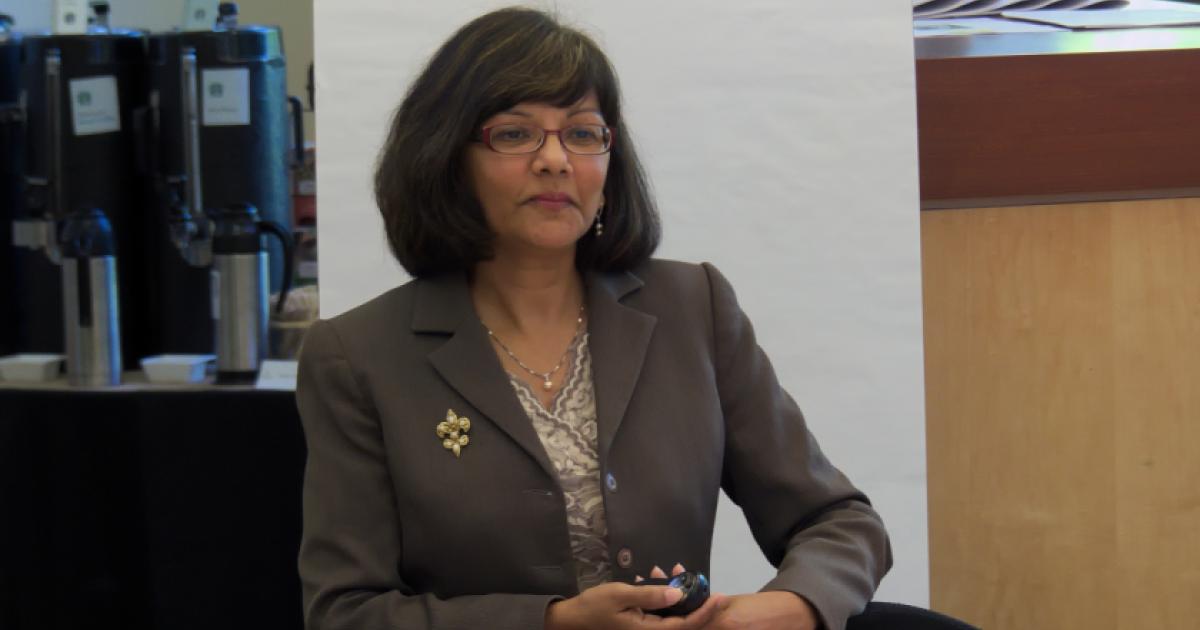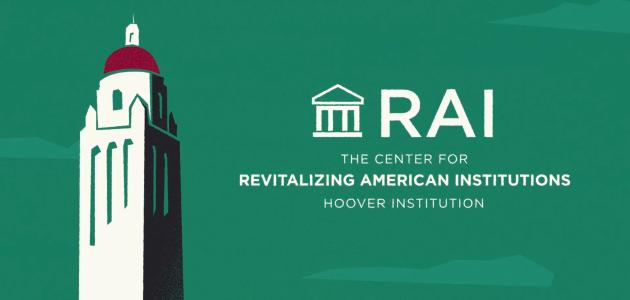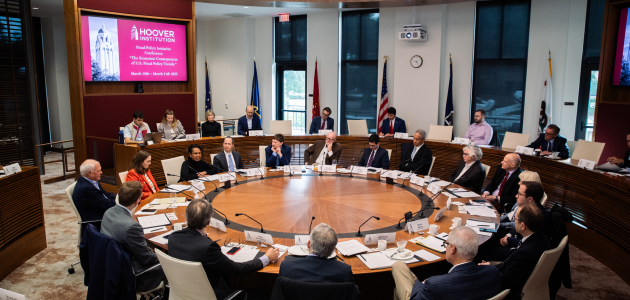The patent system and the US economy were the focus of a two-day conference held at the Hoover Institution during May 7–8, 2015. “From Trolls to Thickets: The Patent System and the US Economy” was the fourth in a series of conferences organized by the Hoover Institution Working Group on Intellectual Property, Innovation, and Prosperity (Hoover IP²).
Topics of discussion included questions on whether patent thickets (and the resultant litigation) or royalty stacking truly impede innovation? Why nonproducing entities (patent trolls) exist and if they provide a service, especially to small inventors? Are patents overly restrictive? And, if there are damages from patent infringement, how does one assess them?
Presentations were made by Jonathan Barnett (University of Southern California), Richard Epstein (NYU and Hoover), Alexander Galetovic (Universidad de Los Andes), Yi Qian (University of British Columbia), Peter Rossi (UCLA), and Seth Werfel (Stanford).
The conference also featured a conversation with Lucy Koh, district judge for the US District Court of Northern California. Judge Koh has presided over many high profile intellectual property cases in Silicon Valley.
Hoover IP2’s goals are to build a network of scholars from a variety of academic disciplines, to undertake research based on evidence and reason, and to disseminate the research results. Conferences, such as this, that include economists, legal experts, political scientists, and practitioners and that present original research help achieve these goals.
The conference papers and the presentation slides are available at the Hoover IP² Web site.
A joint Hoover IP²–US Patent and Trademark Office symposium is scheduled for June 16, 2015, at Hoover’s Washington, DC, offices. The symposium will address “What is the academy’s role in evidence-based policy making for intellectual property?”







